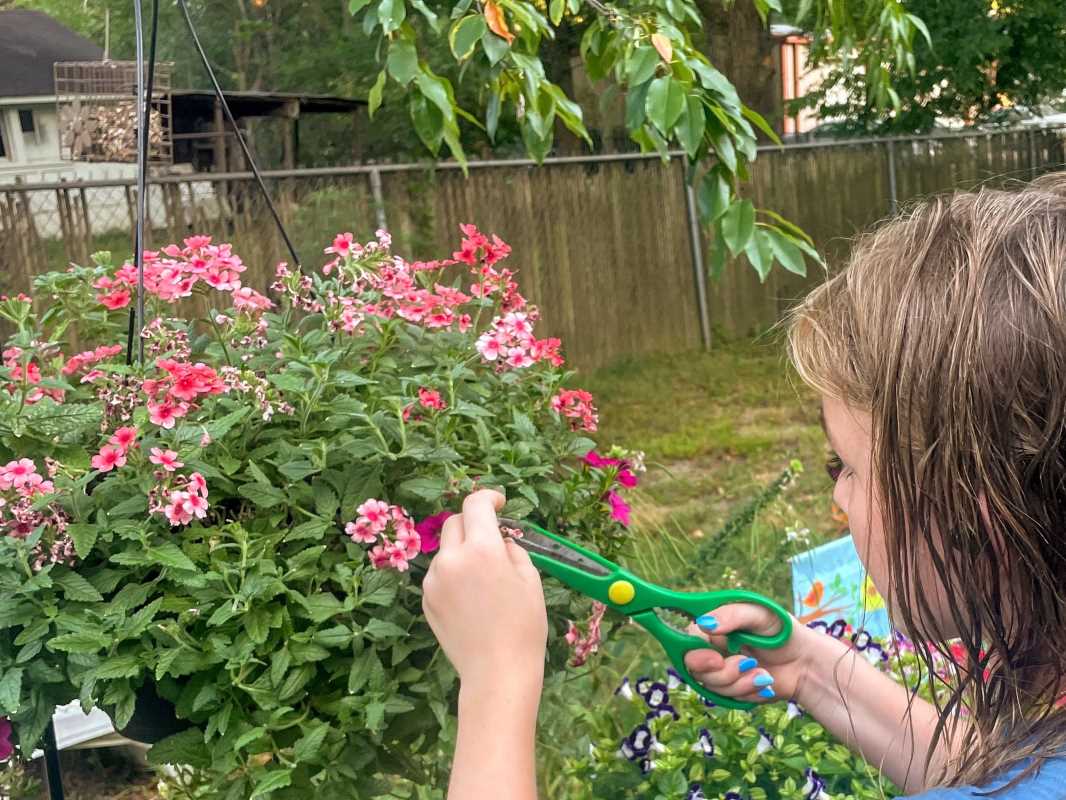Marriage is a partnership where support, love, and companionship thrive. However, when one partner becomes excessively reliant on the other for emotional support and identity, the relationship can slip into codependency. Recognizing the signs of codependence and taking proactive steps to maintain a healthy balance is crucial for the well-being of both partners. This article explores the signs of codependence and its negative impacts and offers practical strategies to cultivate a balanced and healthy marriage.
Understanding Codependence in Marriage
Codependence in marriage often manifests as an unhealthy reliance on a partner for emotional and psychological needs. While it's natural to lean on each other for support, codependence can lead to an imbalance where one partner's needs consistently overshadow the other's. Here are some common signs of codependence:
- Excessive Emotional Reliance: One partner constantly seeks the other's approval and reassurance, relying heavily on them for emotional stability and happiness.
- Loss of Individuality: The codependent partner may sacrifice their interests, hobbies, and friendships to align entirely with their partner's preferences and lifestyle.
- Fear of Abandonment: A pervasive fear of being alone or abandoned may drive the codependent partner to cling excessively to the relationship.
- Responsibility for Partner's Feelings: One partner feels responsible for managing the other's emotions, often at the expense of their own well-being.
- Difficulty Making Decisions: The codependent partner struggles to make decisions independently, often deferring to their partner for guidance.
The Negative Impacts of Codependence
Codependence can have several detrimental effects on a marriage, including:
- Loss of Self-Identity: Over time, the codependent partner may lose their sense of self, as their identity becomes enmeshed with their partner's.
- Relationship Imbalance: The unequal distribution of emotional needs and responsibilities can create tension and resentment in the relationship.
- Stunted Personal Growth: Both partners may miss out on opportunities for personal growth and fulfillment, as the relationship becomes the sole focus.
- Emotional Burnout: The partner providing constant support may experience emotional exhaustion and burnout, leading to frustration and dissatisfaction.
- Inhibited Communication: Fear of upsetting the partner can lead to suppressed emotions and hinder open, honest communication.
Strategies to Maintain a Healthy Balance
To avoid the trap of codependence, couples can adopt several strategies to develop a balanced and healthy relationship:
- Encourage Personal Interests: Support each other in pursuing personal hobbies, interests, and friendships. Having a sense of self outside the marriage strengthens individuality and enriches the relationship.
- Establish Healthy Boundaries: Set clear boundaries regarding emotional support, time, and responsibilities. Respecting each other's space and individuality is crucial for a balanced partnership.
- Promote Open Communication: Create a safe space for honest conversations about needs, desires, and concerns. Open communication helps prevent misunderstandings and resentment.
- Practice Self-Reflection: Encourage each partner to engage in self-reflection to understand their emotional needs and triggers. Self-awareness is key to recognizing codependent tendencies.
- Seek Professional Support: If codependence is deeply ingrained, consider seeking help from a therapist or counselor. Professional guidance can provide valuable insights and tools for healthier relationship dynamics.
- Encourage Personal Growth: Support each other's personal development goals, whether it's pursuing a new career, education, or personal interests. Growth as individuals enhances growth as a couple.
- Build Emotional Independence: Work on building emotional resilience and self-soothing techniques. Emotional independence allows each partner to manage their emotions without over-reliance on the other.
- Celebrate Individual Achievements: Acknowledge and celebrate each other's achievements and milestones. Recognizing personal successes reinforces individuality and mutual respect.
The Importance of Self-Awareness and Personal Growth
Preventing codependence requires ongoing self-awareness and a commitment to personal growth. Both partners should strive to understand their own needs, emotions, and boundaries while also being attuned to their partner's. Personal growth initiatives, such as attending workshops, engaging in self-help practices, and setting personal goals, can significantly contribute to a more balanced relationship. By recognizing the signs of codependence and implementing strategies to maintain individuality and balance, couples can nurture a healthy and fulfilling relationship.
 (Image via
(Image via





